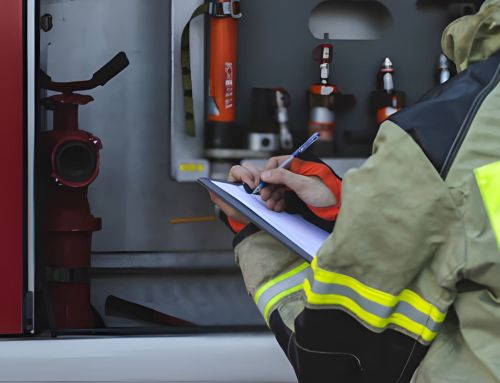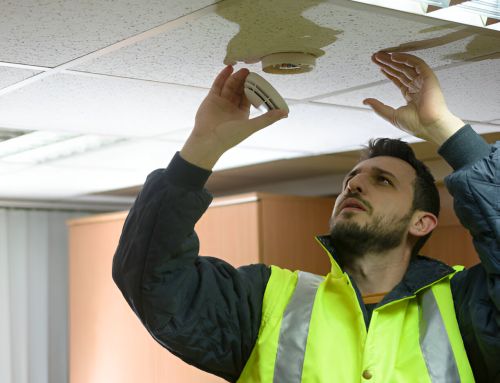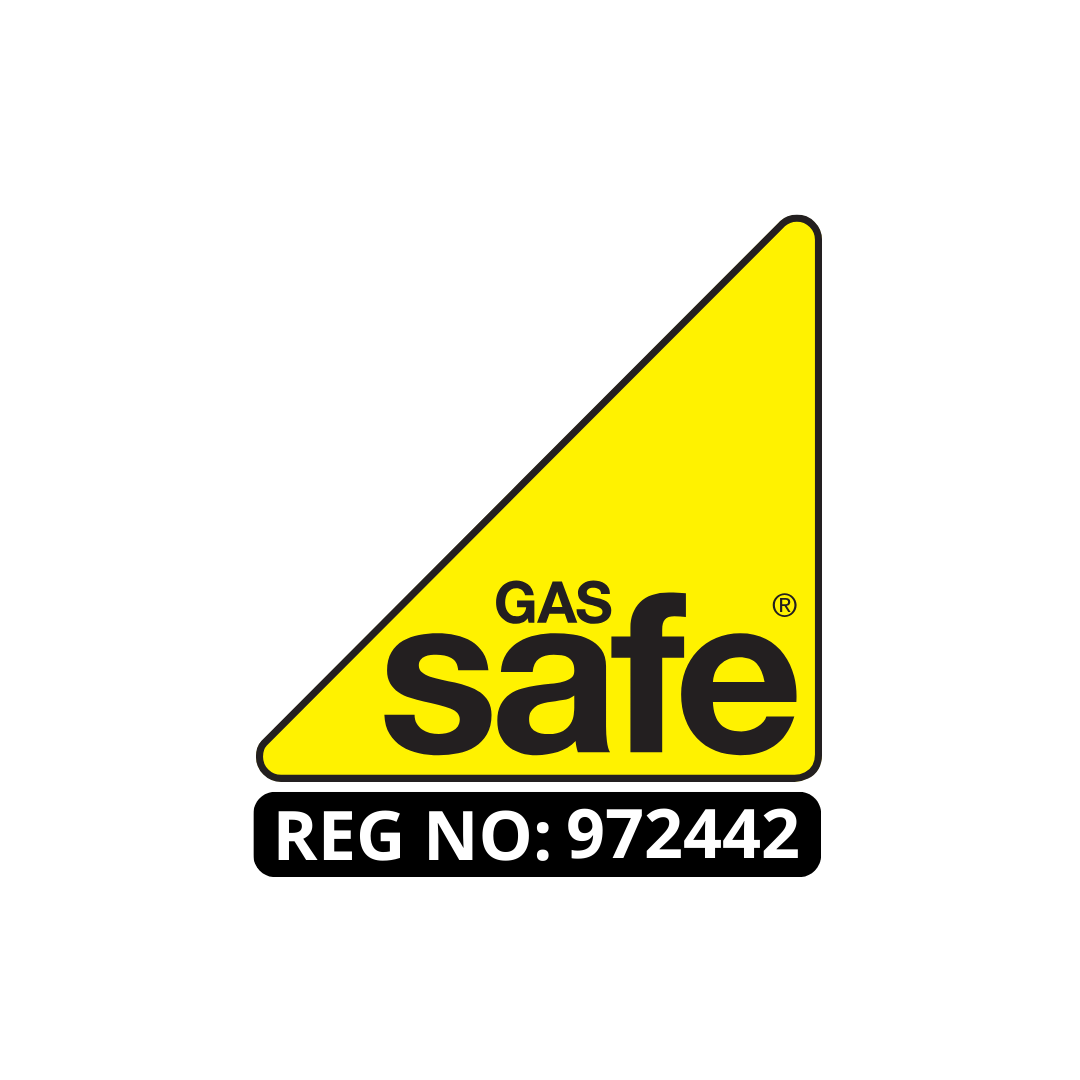
Operating a facility without a valid fire safety certificate is a gamble that invites legal repercussions and endangers lives. Such an oversight can lead to severe penalties, including substantial fines and possible business closure mandated by safety enforcement authorities. More critically, the absence of a certificate compromises the structural and operational safety measures essential for protecting occupants from fire hazards. In exploring the implications of this deficiency, one must consider both the immediate legal consequences and the broader impact on business continuity and public trust. How might ongoing operations be affected, and what steps are necessary to rectify this oversight, Let’s understand What Happens if I Don’t Have a Valid Fire Safety Certificate?
What is a Fire Safety Certificate?
A Fire Safety Certificate is an official document issued by a building control authority, which certifies that the design of a building or other structure complies with the legal requirements for fire safety. The importance of this certificate cannot be overstated, as it is a crucial factor in ensuring the safety and well-being of occupants within any facility.

The certificate is typically required before a building can be legally occupied and is obtained after a rigorous assessment of the building’s fire safety design measures.
The validity of a Fire Safety Certificate ensures that the building’s design includes adequate means of escape, proper installation of fire alarms, sufficient access for firefighting and rescue operations, and compliance with other critical safety standards.
The process of obtaining this certificate involves a detailed review and approval of building plans by fire safety engineers and compliance officers, who assess the potential fire risks and the effectiveness of the proposed safety measures.
Maintaining the certificate’s validity is essential, as any alterations or renovations to the building may affect its fire safety features.
Regular inspections and adherence to fire safety regulations are imperative to uphold the certificate’s validity and ensure ongoing compliance with legal safety standards.
Legal Requirements for Fire Safety Certificates in London
Navigating the legal landscape for obtaining Fire Safety Certificates in London requires a thorough understanding of specific regional regulations and standards.
In London, adherence to the Regulatory Reform (Fire Safety) Order 2005 is mandatory for all non-domestic premises, including offices, shops, and community buildings. This legal framework outlines the obligations of property owners and managers to ensure their buildings are safe from fire hazards.
To comply with these fire safety regulations, the following steps are crucial:
- Assessment of Fire Risks: Conducting a detailed fire risk assessment to identify potential hazards.
- Implementation of Safety Measures: Installation of fire safety equipment and implementation of fire prevention practices.
- Regular Maintenance: Ensuring that all fire safety systems are regularly tested and maintained.
- Documentation: Keeping comprehensive records of all fire safety procedures and maintenance activities.
- Certification: Obtaining a valid Fire Safety Certificate from a competent authority to demonstrate compliance with legal obligations.
Property owners must be proactive in understanding and implementing these measures.
Failure to comply can lead to severe legal repercussions, highlighting the importance of maintaining up-to-date knowledge and documentation regarding fire safety standards in the capital.
Consequences of Operating Without a Valid Certificate
Operating without a valid Fire Safety Certificate exposes property owners in London to significant legal risks. This omission not only elevates the potential fire risks within a structure but also invites severe legal repercussions.
Without this certification, property owners are non-compliant with the Regulatory Reform (Fire Safety) Order 2005, which mandates a rigorous standard for fire safety measures in commercial and residential buildings.
The absence of a certificate fundamentally undermines the safety protocols deemed necessary to protect occupants and property from fire hazards. This lapse can result in an immediate cessation of business operations, as regulatory bodies possess the authority to enforce closures until compliance is restored.
In the realm of property management or ownership, the reputational damage stemming from non-compliance can be substantial, potentially deterring future tenants and eroding trust with current occupants.
Legally, operating without this crucial certification can lead to interventions by fire safety authorities, who are empowered to conduct inspections and enforce compliance.
The overarching implication is heightened scrutiny that can disrupt normal business operations and induce a lengthy process of legal entanglements aimed at rectifying the oversight.
Each of these factors converges to form a compelling case for maintaining a valid Fire Safety Certificate as an integral aspect of property management.
Potential Fines and Penalties
Property owners facing the repercussions of non-compliance with fire safety regulations are subject to stringent penalties and fines. The fines structure and penalty enforcement mechanisms are meticulously outlined by regulatory bodies to ensure utmost adherence to safety norms. The potential financial implications can be severe, aiming to dissuade negligence and promote proactive safety measures.
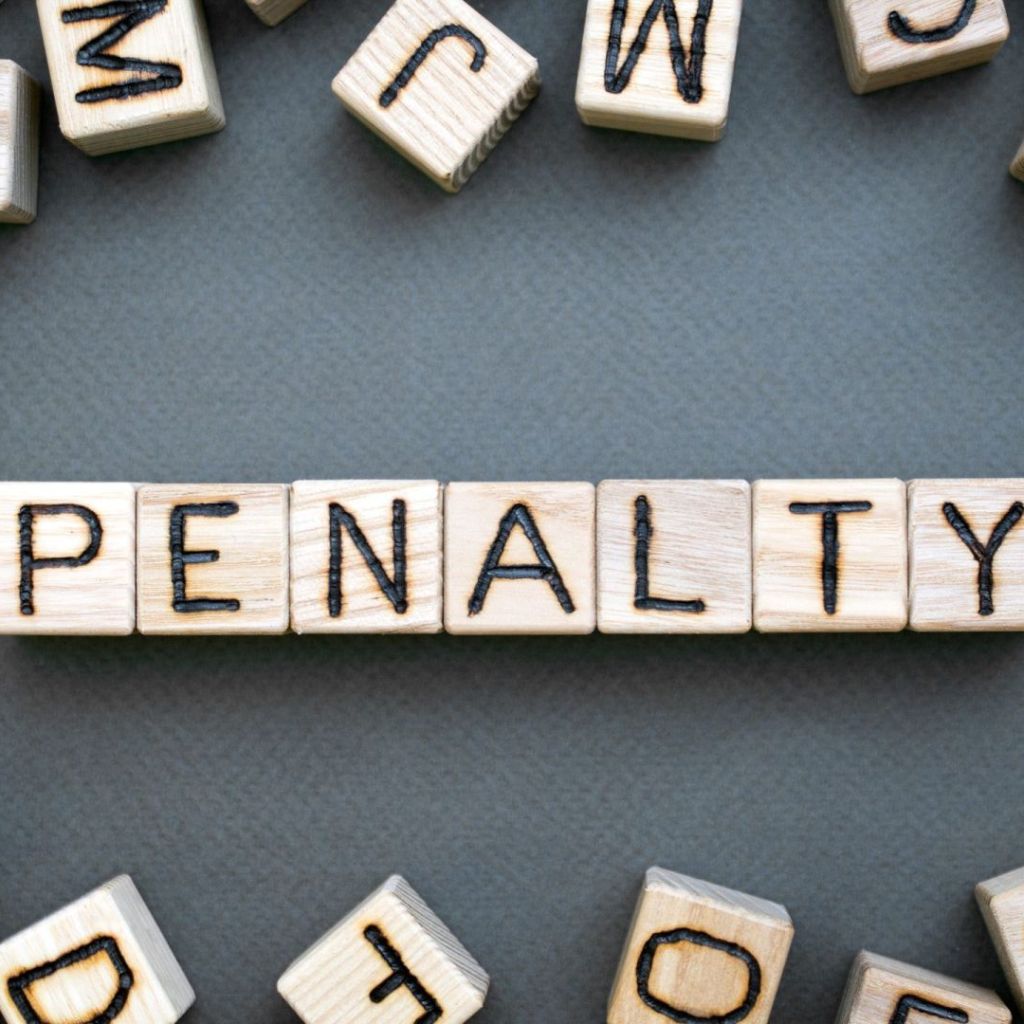
Here are key aspects of the fines and penalties property owners might face:
- Graduated Fines: Depending on the severity and frequency of violations, fines can escalate, serving both punitive and deterrent purposes.
- Criminal Charges: In cases of gross negligence leading to serious safety breaches, criminal charges may be brought against the property owner.
- Daily Penalties: Continuous non-compliance can incur daily fines, accumulating substantial financial pressure to comply swiftly.
- Closure Orders: Authorities may issue temporary closure orders until compliance is achieved, significantly impacting business operations.
- Legal Costs: Beyond fines, legal fees associated with defending non-compliance can be financially draining.
Understanding these penalties is crucial for property owners to appreciate the serious implications of failing to maintain a valid fire safety certificate. Enforcement is rigorous, reflecting the critical nature of fire safety in protecting lives and property.
Impact on Property Insurance in London
Many property owners in London may not fully realize how non-compliance with fire safety regulations directly affects their property insurance coverage and premiums. Without a valid fire safety certificate, insurers often perceive higher risks associated with the property. This perception can lead to a significant increase in insurance premiums, reflecting the heightened potential cost of claims arising from fire incidents.
In some severe cases, insurers might even decline to offer coverage, leaving properties unprotected and potentially impacting their marketability and value.
Moreover, the absence of a valid certificate can lead to a reassessment of the property’s risk profile, which might not only elevate premiums but also limit the scope of coverage. Certain clauses, such as those covering fire damage, might be restricted or excluded, placing a heavier financial burden on the owner in the event of a fire.
This scenario can lead to a decrease in property value, as prospective buyers or tenants often consider the cost and extent of insurance coverage as key factors in their decision-making process.
Thus, maintaining compliance with fire safety standards is not only a legal requirement but also crucial for protecting the investment and ensuring comprehensive insurance coverage.
Risks to Tenants and Visitors
While property owners face increased insurance costs due to non-compliance with fire safety regulations, tenants and visitors are exposed to significant safety risks. The absence of a valid fire safety certificate can lead to dire consequences, primarily compromising tenant safety and visitor protection in multiple ways:
- Increased Risk of Injury or Fatality: Inadequate fire safety measures can lead to higher chances of injuries or fatalities in the event of a fire. This risk is significantly amplified without regular inspections and updates required by a valid certificate.
- Legal Liabilities: Property owners might face legal actions for negligence, which also affects the occupants’ sense of security and trust towards the management.
- Delayed Emergency Response: Lack of proper fire safety signage and equipment can result in confusion and delays during an evacuation, potentially leading to tragic outcomes.
- Psychological Impact: Continuous exposure to unsafe living conditions can cause stress and anxiety among tenants and visitors, knowing their well-being is not sufficiently safeguarded.
- Economic Losses: Besides potential harm, tenants and visitors may face personal property damage without adequate fire prevention and control systems in place.
Addressing these risks is crucial for ensuring a safe living and visiting environment, reinforcing the necessity of adhering to fire safety regulations.
Steps to Obtain a Valid Fire Safety Certificate
Understanding the risks associated with non-compliance, property owners need to take proactive steps toward obtaining a valid fire safety certificate.
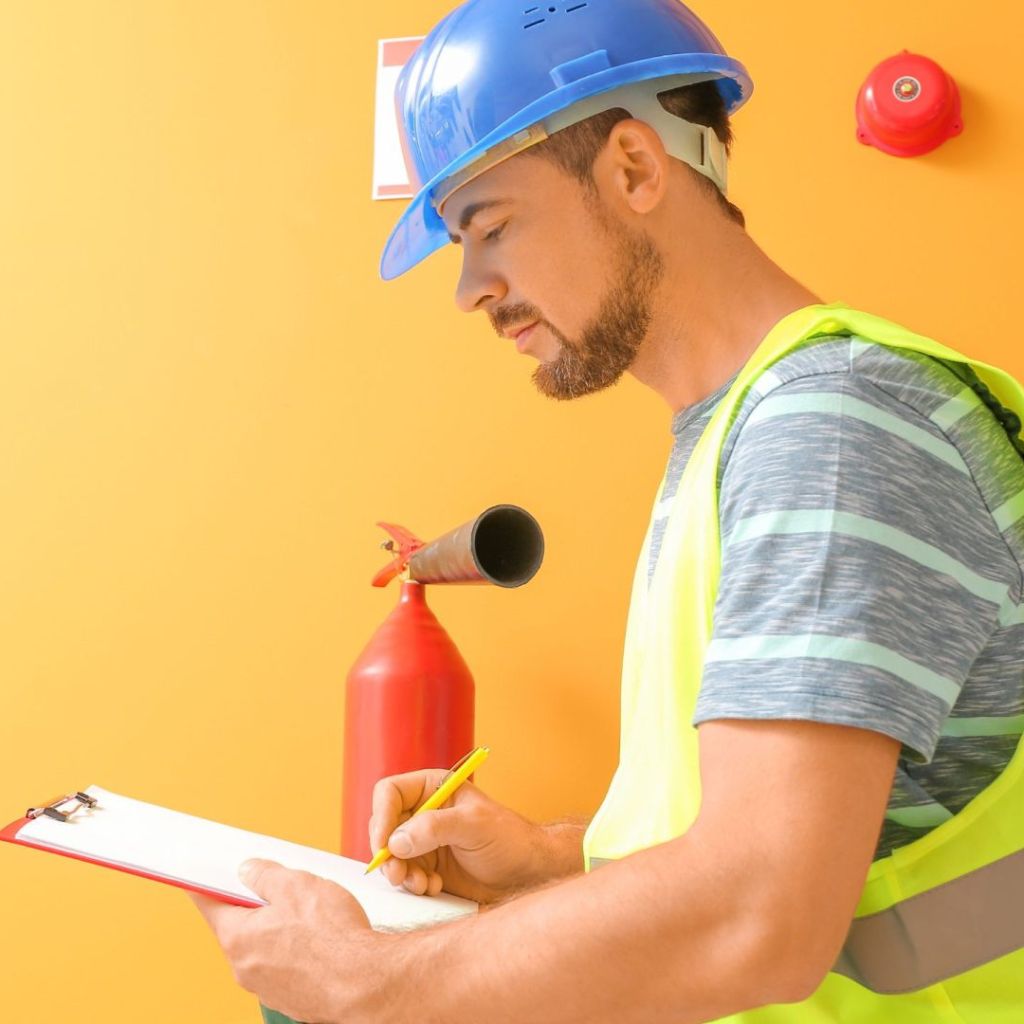
This certification ensures adherence to safety standards and mitigates the hazards in your building, safeguarding occupants and potentially reducing insurance premiums. Here are the essential steps to achieve compliance:
- Initial Assessment: Engage a certified fire safety professional to conduct a thorough assessment of your property. This inspection will identify potential fire risks and areas that do not meet current safety regulations.
- Rectification of Issues: Based on the assessment, implement necessary modifications or repairs to meet the required safety standards. This may involve installing fire alarms, emergency lighting, or upgrading fire doors.
- Follow-up Inspection: After adjustments, a follow-up inspection verifies all modifications meet legal requirements. It’s crucial to maintain documentation of this process for future reference and inspections.
- Documentation Submission: Submit all relevant documentation and compliance forms to the appropriate fire safety authority in your jurisdiction.
- Certificate Issuance: Upon successful verification, the fire safety certificate will be issued.
Regular fire safety inspections and certificate renewal are essential to maintain compliance. Here’s a quick overview:
| Step | Details |
|---|---|
| Initial Assessment | Engage certified professionals |
| Rectification | Implement required modifications |
| Follow-up Inspection | Verify adjustments |
| Documentation | Submit compliance forms |
| Certificate Issuance | Receive official certification |
Ensure regularly scheduled inspections and stay updated on fire safety regulations to facilitate continuous compliance and renewal of the fire safety certificate.
Common Misconceptions About Fire Safety Compliance
Often, property owners mistakenly believe that once a fire safety certificate is issued, no further action is required on their part. This is one of the many compliance misconceptions that can lead to serious legal and safety issues.
Fire safety is an ongoing process, and understanding common myths can help maintain a safe environment and ensure compliance with regulations.
Here are some prevalent fire safety myths and misconceptions:
- Once Certified, Always Compliant: Fire safety standards evolve, and periodic reassessments are necessary to stay compliant.
- Small Buildings Don’t Need Strict Compliance: Regardless of size, all properties must adhere to fire safety regulations to protect occupants and property.
- Fire Drills Are Optional: Regular fire drills are crucial for ensuring everyone knows how to react in an emergency, making them a compliance requirement.
- Newer Buildings Are Automatically Compliant: Even new constructions can fail in fire safety compliance if not regularly inspected and maintained.
- Compliance is Too Expensive: Investing in fire safety is less costly than the potential fines, legal ramifications, or damages from a fire incident.
Understanding these facts is vital for property owners to effectively manage fire safety and avoid the pitfalls of non-compliance.
Resources for Fire Safety Regulations in London
Navigating the landscape of fire safety regulations in London can be a daunting task for property owners and managers. To ensure compliance and enhance the safety of occupants, it is crucial to be well-versed in both fire safety training and the protocols for emergency evacuation. The regulatory framework is detailed and requires a thorough understanding to effectively implement the necessary safety measures.
Below is a table summarizing key resources that can assist in mastering fire safety regulations in London:
| Resource Type | Description | Contact Information |
|---|---|---|
| Regulatory Bodies | London Fire Brigade; oversees compliance | www.london-fire.gov.uk |
| Legal Advice | Firms specializing in fire safety law | List available upon request |
| Training Programs | Courses on fire safety and emergency evacuation | Local community centers |
| Online Portals | Platforms offering updates and guidelines | Various websites |
| Community Workshops | Sessions on fire safety practices | Scheduled in local areas |
Each of these resources plays a vital role in ensuring that property owners and managers not only comply with the law but also prioritize the safety and well-being of their occupants through proper education and preparedness for any fire-related incidents.
Conclusion
In conclusion, the absence of a valid fire safety certificate in London exposes property owners to considerable legal, financial, and reputational risks. It not only invites legal action and financial penalties but also jeopardizes insurance arrangements and undermines the safety and trust of tenants and visitors. Property owners are strongly advised to adhere to regulatory demands by securing and maintaining proper fire safety certification to mitigate these risks and ensure the welfare of all occupants.
Check Out Our Other Services
| EICR | Commercial EICR | Emergency Light Certificate |
|---|---|---|
| Electrical Diagnostic | PAT Testing | Fuse Box Installation |
About the Author: LandlordCertificate
Related Posts
Get Social
Recent Posts
- Fire Safety Certificate London for Commercial and Residential Buildings
- Fire Safety Planning and fire risk assessment London for Building Safety
- Top Reasons to Invest in Fire Alarm Installation London for Safety and Compliance
- Gas Safety Certificate London: Protecting Occupants and Property Value
- EPC London: Everything You Need to Know About Energy Performance


